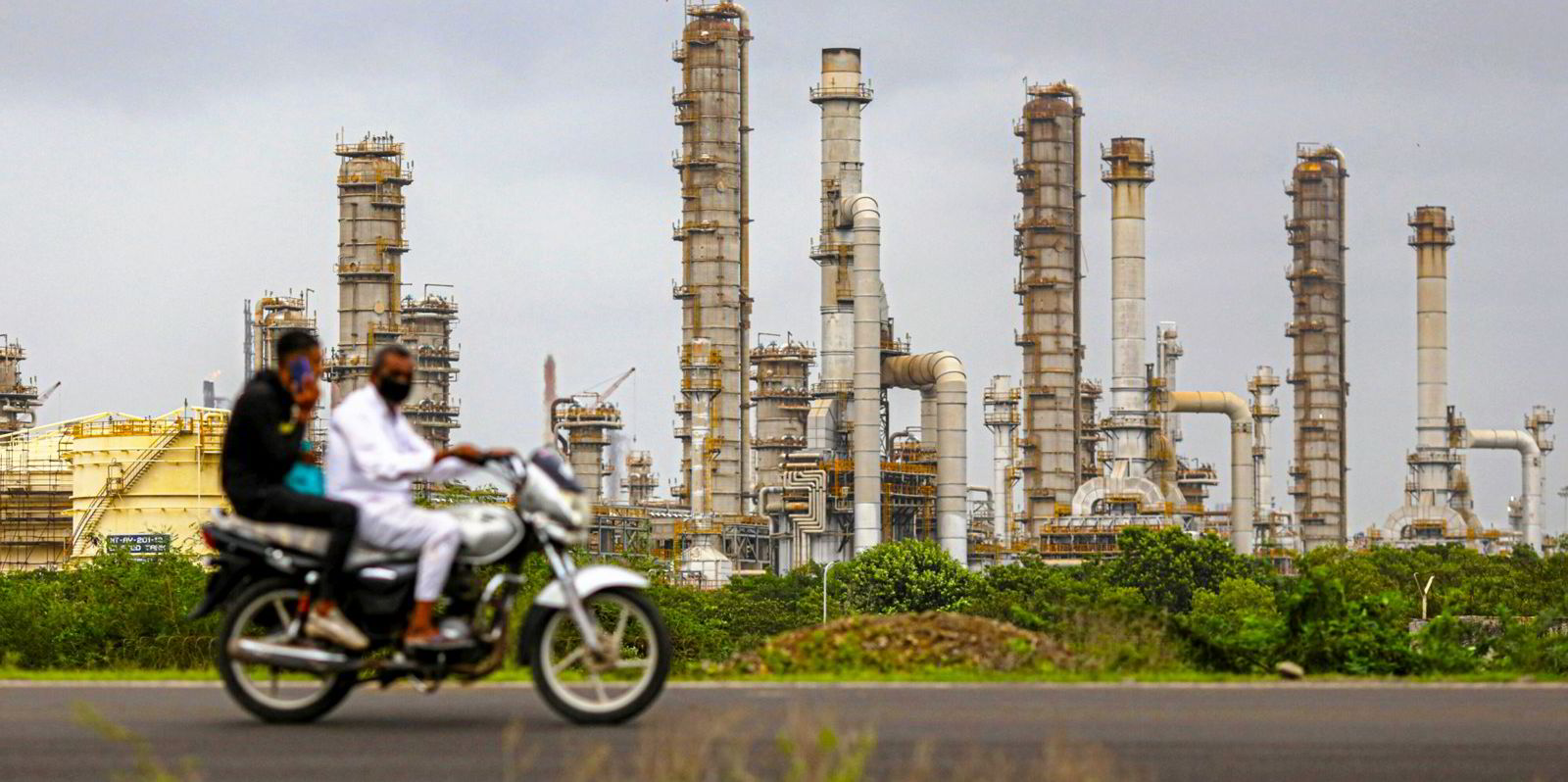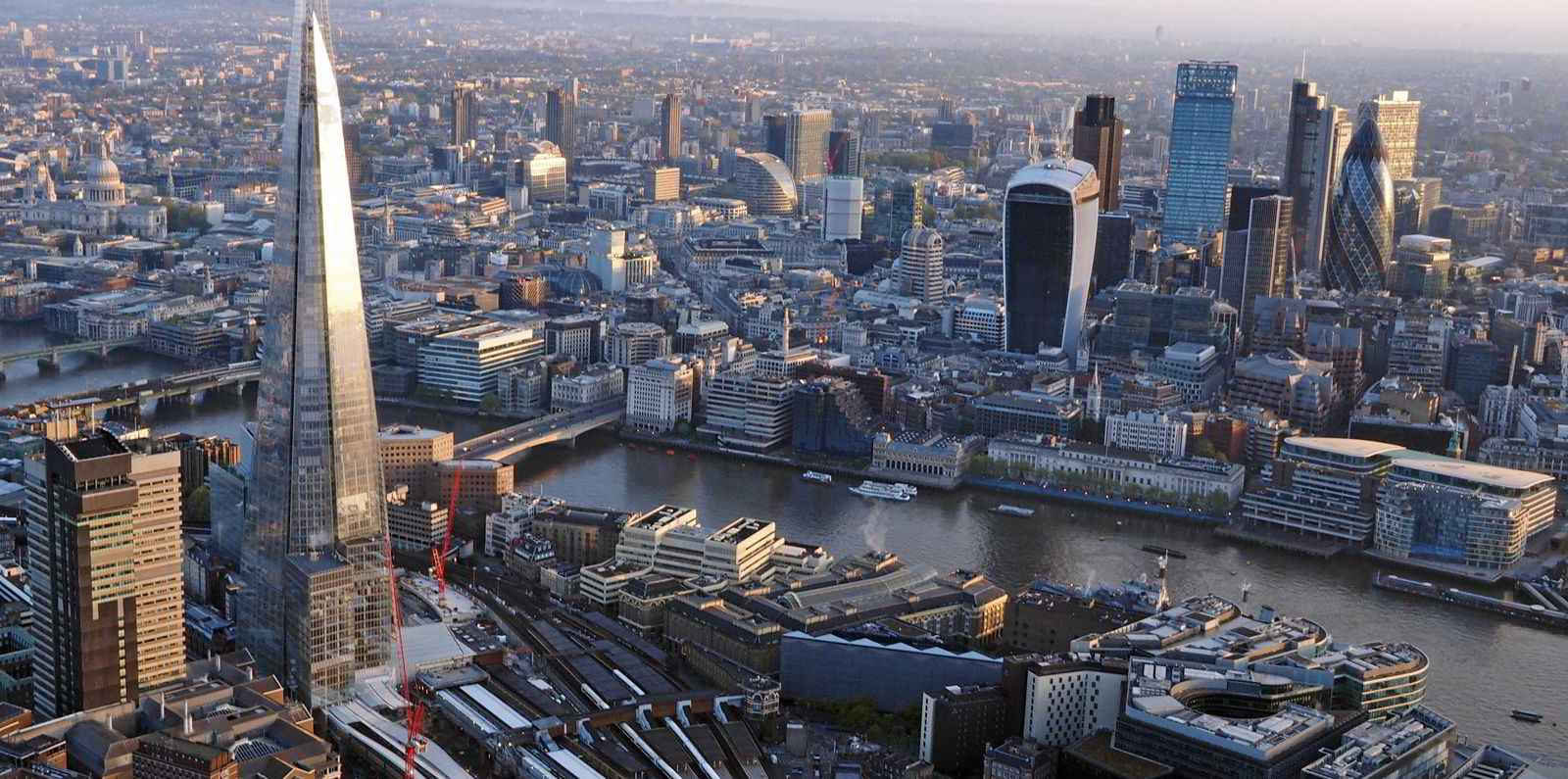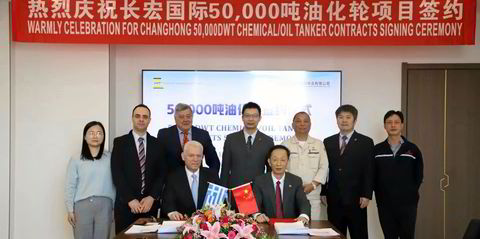Countries behind the oil price cap scheme have significantly increased their imports of refined oils produced from Russian crude over the last two years, according to a new report.
The G7 group of countries, plus the European Union and Australia, largely stopped imports of Russian refined oils in February 2023 at the same time as introducing an export cap on the price of the country’s shipped oil.
But that did not include a ban on importing refined oils that have been “substantially transformed” from Russian crude shipped to third countries.
New research by the Helsinki, Finland-based Centre for Research on Energy and Clean Air (Crea) has suggested that price cap coalition countries increased imports from refined oils sourced from Russian crude by 44% in 2023, compared to the previous year.
It followed a 66% increase in 2022 amid the shake-up of oil trading patterns following Russia’s invasion of Ukraine.
It amounted to €8.5bn ($9.18bn) of imports over 13 months from December 2022 to the end of December 2023, said Crea.
‘Major loophole’
“This major loophole has helped stabilise the price of Russian crude and ensured that extortionate revenues keep flowing back to the Kremlin,” it said in a report.
The figure represents 3% of total refined oil imports to the coalition countries, which includes nations within the European Union, the US, the UK, Japan, Canada and Australia, according to the analysis.
The oil and import ban and price cap measure was first introduced in December 2022. It was aimed at limiting proceeds to the Kremlin while keeping global supplies flowing and led to a major shift in oil trading patterns.
The majority of Russian oil produced before the start of the war two years ago was shipped to customers in Europe. Since then, India and China — which are not part of the price cap scheme — have purchased millions of barrels of cut-price Russian crude.
The Russian-origin crude is processed in refineries and then shipped to countries including G7 members without any breach of the sanctions regime.
G7 shipping firms have no restrictions on hauling the refined oil, despite efforts by campaigners and some EU leaders to bring the trade within the umbrella of the sanctions regime.
Josep Borrell, the European Union’s foreign policy chief, last year called for action to limit the sale into the EU of diesel and gasoline refined in India from Russian-origin crude, claiming it was a “circumvention of sanctions”.
His comments to the Financial Times — which echoed earlier comments by Denmark’s foreign minister Lars Lokke Rasmussen — were made on the eve of a trip to India and were received frostily by New Delhi.
Borrell failed to show up for a briefing at the end of the visit when India’s foreign minister Subrahmanyam Jaishankar pointed out that the oil was not treated as Russian under the EU’s own rules.
The largest amount of the €8.5bn of refined oils identified by Crea came from the Jamnagar refinery in Gujarat, western India. The next four highest-producing refineries for G7 markets were in India and Turkey, according to the Crea data.

It said they included the refinery at Vadinar, India, owned by Nayara Energy. The Russian energy giant is Nayara’s largest shareholder.
The campaigning group has consistently called for tougher sanctions against Russia and also wants tighter compliance with the oil price cap.
The cap allows G7 shipping interests to haul Russian cargoes if barrels are sold for less than $60 for crude and $100 or $45 for refined oil products.
Crea has called for a price cap level of $30 a barrel for Russian crude.
Read more
- US price cap action squeezes EU operators out of Russian trade
- Russia’s new shadow shipping dynasty sets up shop in Dubai
- Oil price cap scheme loses ‘credibility’ as Russian revenues rise
- Minister concerned at trade ‘triangle’ that recycles Russian oil into Denmark
- Putin’s war has put tankers in a spin with trade with ‘laundromat’ nations





